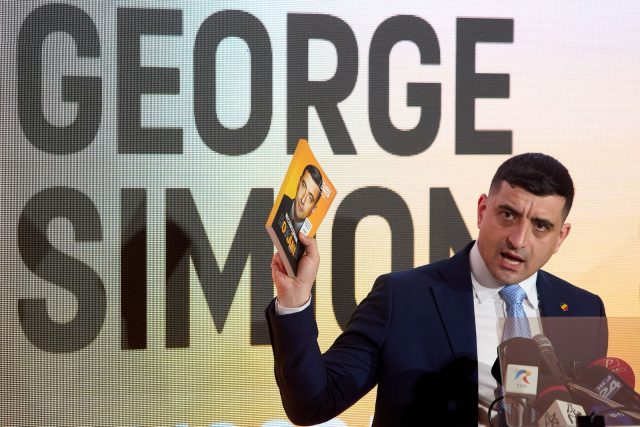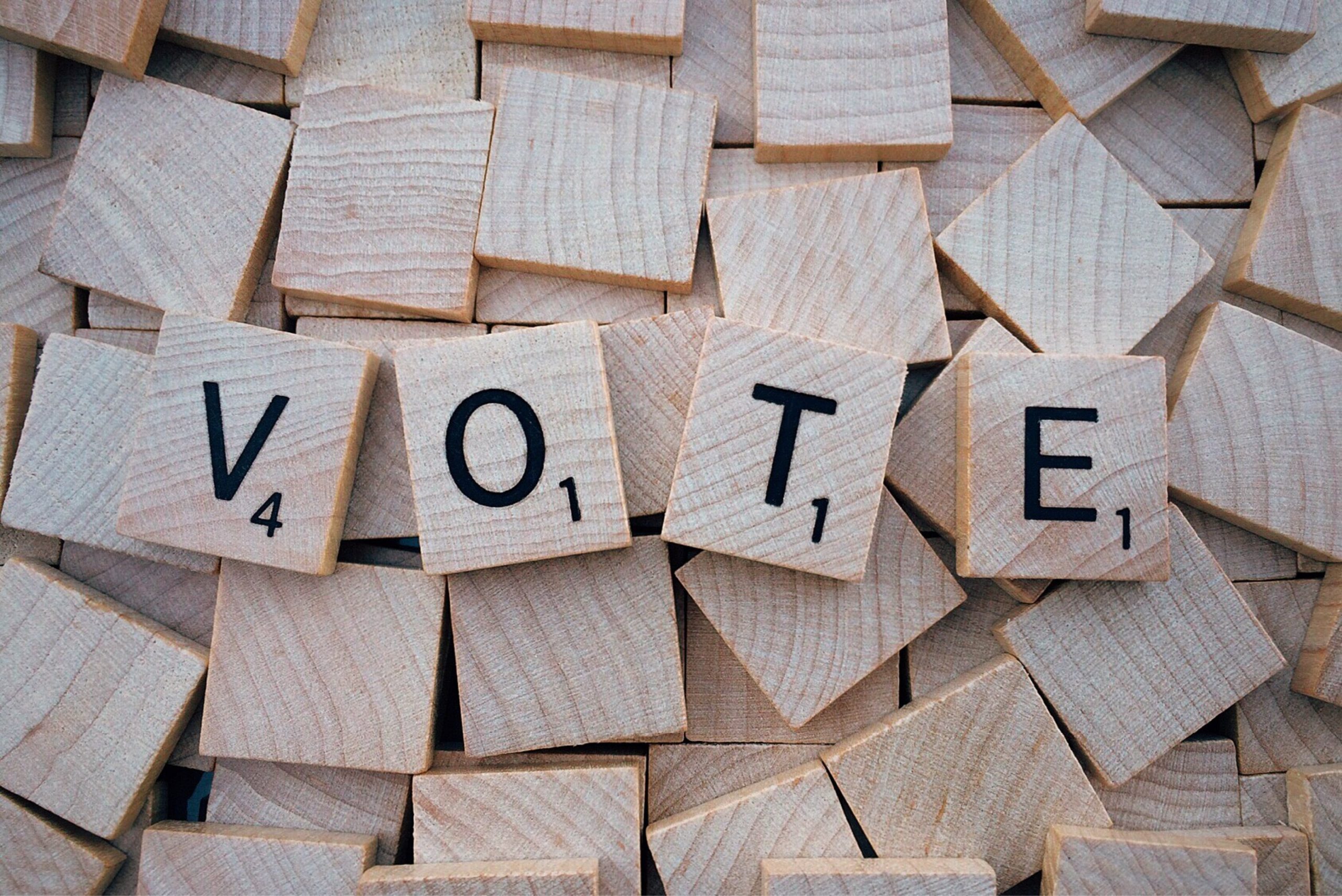
With “Four aces” in hand, George Simion lost the presidential election to a “Straight Flush” from independent Nicușor Dan.
Before the second round of the presidential elections in Romania, in which the independent candidate Nicușor Dan and AUR leader George Simion faced each other, the Romanian society was divided into two radicalized camps: sovereignists versus pro- european, reminding us of the troubled period of the first elections (1990) after the 1989 Revolution when, with a turnout of 86.19%, Ion Iliescu was elected in the first round. Over the years the turnout of citizens in the second round of the presidential elections in Romania has been on a downward trend, reaching 49.87% in 2019 when Klaus Iohannis (National Liberal Party) won his second mandate against the social-democratic candidate Viorica Dancila (Social Democratic Party). There was, however, one exception of high public interest and turnout in 2014, in the final between Victor Ponta and Klaus Iohannis. At that time, 11,719,344 citizens, 64.11% of the total number of people eligible to vote, cast their vote and Klaus Iohannis won his first term as president.
Diaspora vs România
Returning to the polls of May 18th, there was a massive mobilization of citizens so that the percentage of those who voted on Sunday was 64.72%, representing 11,507,695 voters. The AUR leader started as the favorite with an ace in his hand – by almost 20 percent more than in the first round, a gap that many political analysts saw as impossible to make up and many bet on George Simion as Romania’s next president. However, the independent Nicușor Dan, behind whom all the self-declared pro-European parties (PNL, PSD, UDMR, USR) lined up, managed to turn the vote around by winning the presidential battle, with a flush that we would interpret as actually mobilizing citizens to vote.
Geroge Simion knew from the outset that he was disadvantaged in Romania in terms of voting intention, which is why he preferred to campaign abroad. He hoped that the diaspora vote, which was significant in the first round, would allow him to make up the difference in Romania where voting intention was clearly pro Nicușor Dan. No one expected 1.6 million citizens to turn out to vote in the diaspora and 9.87 million in Romania. That is why George Simion was firmly convinced that he would get the same score as in the first round, namely 60% or maybe even 70% over his opponent. Those who mobilized were not among those who agreed with George Simion’s political program and this was seen in the final result. The Diaspora vote was much more balanced than the AUR leader had anticipated even if in some Romanian communities abroad George Simion had a significant vote in his favor. Although George Simion won abroad with 55.86% compared to 44.14% for Nicușor Dan. The difference inside the country, according to exit polls, was a very large 10% in favor of the independent candidate. The final result was 5,445,052 votes for the winner compared to George Simion’s 4,425,247.
In a ranking of European Union countries the most Romanians living and working abroad are in Italy (1,073,196 citizens), Germany (883,670 citizens), France (about 800,000 citizens) and Spain (565,724 citizens). To complete the picture of European countries to which Romanians have emigrated, we must also include the United Kingdom, where 1.4 million Romanians live, making Great Britain the first place in Europe where Romanians who have chosen to seek a future abroad live.
Which were George Simion’s mistakes?
One of the mistakes that George Simion made in the two weeks of campaigning between the two runoffs was displaying an arrogant attitude toward his opponent and the voters of the other losers in the first round, voters he could have brought to his side to consolidate his first place. The defiant and arrogant attitude of the AUR leader has been colored by his belief that he has the support of the Donald Trump-led administration. A candidate who would have the backing of the US cannot lose a presidential election in Romania. After Romania’s exclusion from the Visa Waiver program following the annulment of the presidential election late last year, the AUR leader thanked the Trump administration for the decision and this angered voters who expected to travel visa-free to the US. It was the same arrogant attitude that caused Social Democrat leaders Adrian Nastase and Victor Ponta to lose the presidential finals. The former was defeated by Traian Băsescu in 2004 and the latter by Klaus Iohannis in 2014.
Another mistake in the campaign strategy of the AUR leader was the announcement (against the backdrop of the economic crisis Romania is going through and the need to cut budget spending) that, if he became president, he would lay off 500,000 public employees. The erroneous way in which the 500,000 budget workers were associated en bloc with ‘social parasites’ led to the loss of votes both from those targeted for dismissal and from the families and those who depend on their income. The absence from the debates organized by the main TV channels, giving interviews only to foreign journalists, the attack against Macron on a French TV channel and the attack against the Hungarian community in Romania were also errors in George Simion’s campaign strategy. His absence from the televised debates (the AUR leader participated in only one confrontation with Nicușor Dan, in the one organized by Euronews.ro) was aimed at preserving his lead of almost 20 percent in the first round. This decision was a losing one because in the first round there were many citizens who did not turn out to vote and at the same time there were many undecided people whose votes he could have won. In the television programs that tried to pit the two finalists of the presidential election against each other, George Simion’s name was written on a piece of paper on the back of the seat he was supposed to occupy. This led to a wave of mockery on social media, with the AUR leader’s flight from the debate also the butt of jokes on the internet.

His opponent, on the other hand, did not refuse any debate and even if Nicușor Dan was sometimes put in difficulty by the moderators of the TV programs or by the questions of the jurists present, he showed respect for the Romanian press and for those who watch the Romanian TV channels. During the two weeks of the campaign, Simion relied almost exclusively on recorded video messages, while his opponent chose to address his supporters directly through his participation in the broadcasts. George Simion’s English-language messages on Network X, used in the final days of the campaign, left the impression that the purpose of these messages was more to attract the attention of US conservative leaders rather than to communicate directly with Romanian voters. It was also a bad decision to prioritize the overseas audience through a social media platform over the Romanian audience. Another political arrogance demonstrated by the AUR leader during the electoral campaign was the political deal with Viktor Orbán in Budapest, a deal made over the heads of the UDMR leaders and Hungarian voters towards whom he had in the past, on several occasions, an anti-Hungarian discourse. Nicușor Dan’s emphatic victory in Transylvania and Hungary proved that George Simion was wrong towards the Hungarian community. The icing on the cake of the errors committed in the campaign between the two rounds of elections was the interview he gave in French to a program of the French channel CNews. During the program Simion accused President Emmanuel Macron of being a dictator and the AUR leader’s statement drew laughter even from the other (conservative) guests present on the show.
Finally, we should mention that, fueled by fear, many Romanians who were undecided or absentee in the first election turned out to vote against George Simion. This fear, instilled by the messages propagated by the parties that lined up behind Nicușor Dan, was aimed at Romania’s possible economic bankruptcy, a possible exit from the EU, a deviation from the pro-European path. Many of those who put their stamp on Nicușor Dan, even if they did not like him, decided to support him so that Romania would not end up in the hands of George Simion who promised to put Călin Georgescu, an impostor, as Romania’s next prime minister. Unfortunately, Romanian society has become more disunited than ever, while Romania’s economic future is increasingly bleak. One thing is certain. In the parliamentary elections that will take place in 3 and a half years from now, the AUR party will come out on top and will most likely form the new government.



 Subscribe
Subscribe